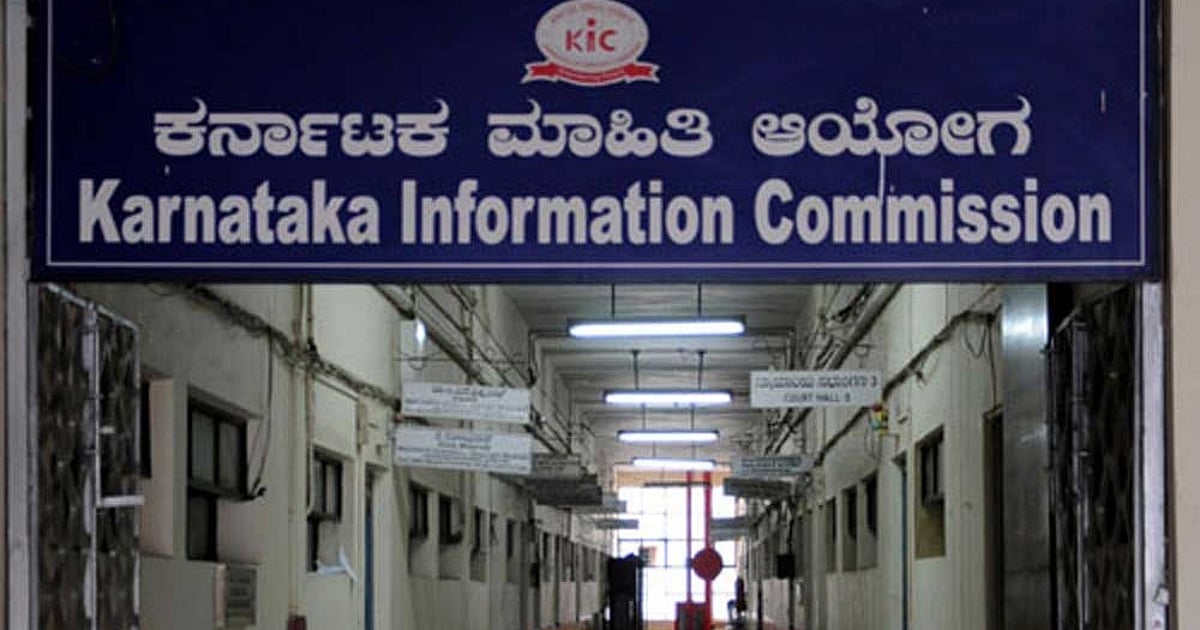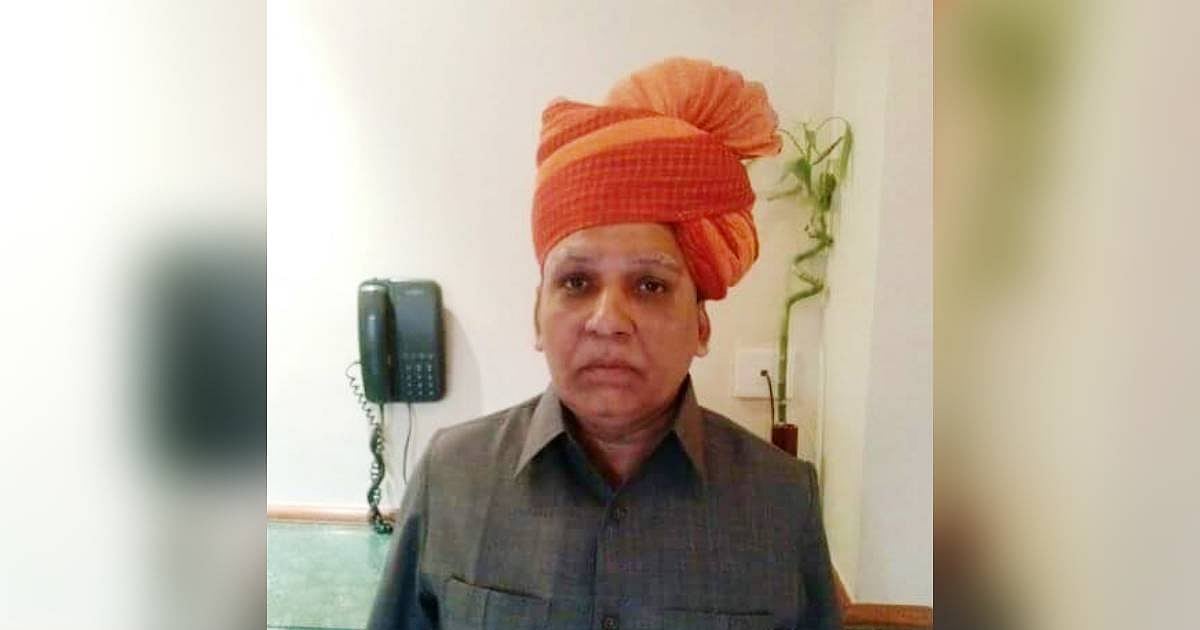
This week on TypeRight, we take a look at the history of the Right to Information Act and what has become of it nineteen years later.
The Right to Information (RTI) Act of 2005 was a landmark law that was passed in 2005 which made previously opaque and inaccessible state records publicly available to citizens upon demanding them. It empowered citizens to demand information from public authorities and government offices, who are manded to reply with the same in 30 days.
As explained by Shekhar Singh, a leader of the RTI movement, "though it has its own victims and levels of...violence, promises a much more benign method of making governments answerable.... The worrying thing is that the government...continues to try and weaken the RTI regime." In ten years since enactment, 17.5 million requests for information were made.
In a previous chapter of TypeRight, we had already explained the movement for social accountability, a renewed fight for regaining the soul of the RTI, at a time where the government is increasingly trying to dilute the law, and upgrade the benefits so that it reaches more people.
This October 12 would mark nineteen years of the RTI Act, and entering its 20th year, it is to be noted that the entire institution is undergoing crisis. This article is from The Hindu last year:
In fact, soon after the 18th year, the apex court made an observation on how several vacancies across Information Commission were not filled.
Sarthak Nagrik Sanghatan is one organisation that has been working to keep people informed and the authorities accountable.
Satark Nagrik Sangathan (SNS) or Society for Citizens Vigilance Initiatives (SCVI), set up in 2003, is a citizens’ group with a mandate to promote transparency and accountability in government functioning and to ensure active participation of citizens in governance. We are not affiliated to, or supported by, any political party.
Our endeavour is to empower people to fight corruption and the arbitrary exercise of power and participate in the effective utilization of public funds. SNS creates awareness about the Right to Information Act, 2005 and seeks to enable citizens’ participation in governance by using the RTI law to obtain information about the various activities of the government.
The SNS periodically releases report cards of the RTI's annual performance. This year is one of the worst points in its history. The report analyzes the efficacy of all 29 commissions in India, focusing on the number of commissioners per commission, the volume of appeals and complaints registered and resolved, the number of pending cases, the estimated waiting period for the resolution of filed appeals/complaints, the frequency of violations sanctioned by the commissions, and the transparency of their operations.

From their Press release:
• Seven out of 29 Information Commissions were defunct for varying periods of time between July 1, 2023 to June 30, 2024. Four continue to be defunct.
• Five commissions are functioning without a Chief
• More than 4 lakh cases are pending in information commissions across India
• 14 commissions have an estimated waiting time of more than 1 year to dispose a matter
Despite the earlier shown comments and remarks from the Supreme Court and its flak to the central government, much had not happened.
Seven information commissions remained inactive for different durations from July 1, 2023, to June 30, 2024, specifically in Jharkhand, Telangana, Goa, Tripura, Madhya Pradesh, Uttar Pradesh, and Chhattisgarh, due to the absence of new commissioners following the departure of the incumbents. Four commissioners—Jharkhand, Telangana, Goa, and Tripura—remain inactive. Additionally, five commissions are now without a Chief Information Commissioner: the State Information commissioners of Chhattisgarh, Maharashtra, Karnataka, Uttarakhand, and Odisha.
Between July 1, 2023, and June 30, 2024, 2,31,417 appeals and complaints were recorded by 27 information commissioners for which pertinent information was accessible. During the same timeframe, 225,929 cases were resolved by 28 commissions.
As of June 30, 2024, there were 4,05,509 pending appeals and complaints among the 29 information commissions. The accumulation of appeals and complaints has risen markedly in recent years.
The average monthly disposal rate and the pendency in commissions were utilized to calculate the time required for the resolution of an appeal or complaint. The evaluation indicates that the Chhattisgarh SIC would require 5 years and 2 months to resolve a case. A case submitted on July 1, 2024, would be resolved in 2029 at the present monthly disposal rate. The estimated disposal time for the SIC of Bihar is four and a half years, but for Odisha, it is approximately four years. The evaluation indicates that 14 commissions would require over one year to resolve a case.
Section 25 of the RTI Act mandates each commission to annually compile a report on the execution of the Act's provisions, which must be presented to Parliament or the state legislature. Of the 29 ICs, 18 (62%) have yet to publish their annual report for 2022-23.
The full seventeen-page report of the Sartak Nagrik Sanghatan can be accessed here.
It needs to be reminded in these times about the several RTI activists who were killed in their fight for transparency, demanding information and accountability. Our earlier TypeRight (Ch. 33, linked above) had covered some of these, but since it has been over a year since the last report, below are three instances from this year alone:
And finally, another detailed report by TheWire:

In Other News
While coming to terms with our own data laws, the government is trying to push itself to become a leading player in bringing reforms in ethical AI and cybersecurity.



DEF Updates
A reminder to register for our Digital Citizen Summit happening this year at T-Hub, Hyderabad!


And another reminder for CNX PAC, first session on 15th of November!

More next week.





























 might be?](https://sk0.blr1.cdn.digitaloceanspaces.com/sites/1394/posts/714526/dbc8de4c-5c50-411f-aba0-55cfb74a692d.jpeg)

Write a comment ...